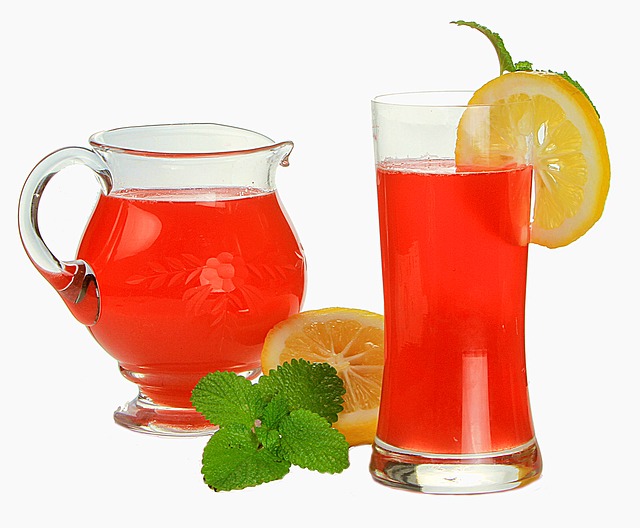Lately in American culture we have seen an uptick in fitness based foods and drinks as a means to a healthier lifestyle. Heck even electronics are getting into the fitness business too. So what people want to know is this: is fruit juice really better for you than soda? The question is one that receives a healthy amount of debate in social circles. We all have either had or know parents that won’t allow soda in the household. The logic seems full proof to those that simply take a glance at what they are consuming. How could orange juice be worse for me than a carbonated soda? The answer is complex and very interesting and those of you that read on will be sure to agree.
1. Sugar
Fruit juice is a huge source of sugar. Just take a look at the back of the label and you will realize that even some of the smaller juice packets can contain up to 15 grams of sugar in a single serving. In many cases the sugar amount is equal or higher than that of a single serving of soda.
2. Lack of Fiber
While fruits do contain lots of sugar both in the juice and physical form they have one primary difference. A physical fruit also contains tons of fiber that help the liver convert that energy into something useful. When you juice or blend (think smoothie) a fruit you are shredding that fiber to smithereens and destroying any benefit it once had and there is virtually no fiber in juice itself. By consuming fruits whole, you will kill cravings as well as consuming a healthier amount of natural sugar.
3. Calories
Believe it or not but many fruit juices can pack more calories into a single serving than you would find in a single serving of soda. This is a fact that we can double check just by walking into an everyday grocery store. The beverage companies really have a penchant for marketing their drinks in any way they choose regardless of the realities.
4. Amount of Juice
In many cases the fruit juices you purchase contain less than 10% fruit juice. These numbers are shocking to many as some of their favorite “juice” companies are part of the problem. This issue stems from the fact that the FDA allows any drink with even 1% of fruit juice to call itself fruit juice.
Solutions
Well I wouldn’t go cutting juice out of your diet entirely after reading this article. What I want my reader to take away from this article is more a lesson about moderation. Instead of drinking fruit juice for breakfast lunch and dinner try to make it a breakfast only item. This causes a twofold benefit. First you will be taking in less sugar on a daily basis and secondly you will be getting that sugary energy when you really need it: at the start of each day.
This rigid routine is good for those will very high levels of self-control, but what about advice for those of us that simply love our orange juice? Well there is also another simple solution, water it down. The advice is so simple it’s easy to forget. By simply adding water to your juices you will not only extend the life of that juice but you will also give your liver a much easier time when it comes to breaking up the actual liquid. Just remember that while your drink might be a little less sweet it will also be much healthier for you.
Featured images:
- License: Creative Commons image source
This article was written by Eduardo Dieguez, a content writer for www.RejuveHealthClinics.com. Eduardo spent time living in Switzerland as a child helping to foster a culturally open mind from an early age.





